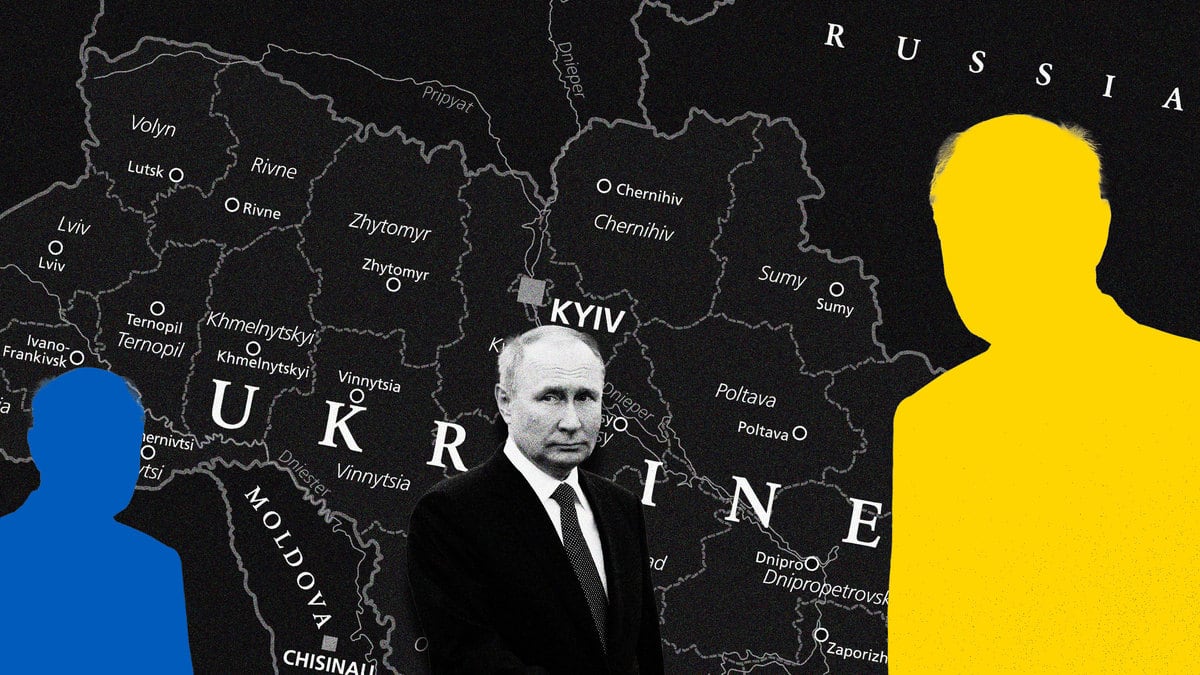Russia
Photo Illustration by The Daily Beast / Getty
Putin’s Pals Furious Younger Russians Don’t Want to Die in Ukraine
‘CULTURAL SPECIAL OPERATION’
“If you have to die, you only have to do it once… This is a part of your duty as a citizen, as a soldier, as a warrior, as a Russian man.”

Trending Now





